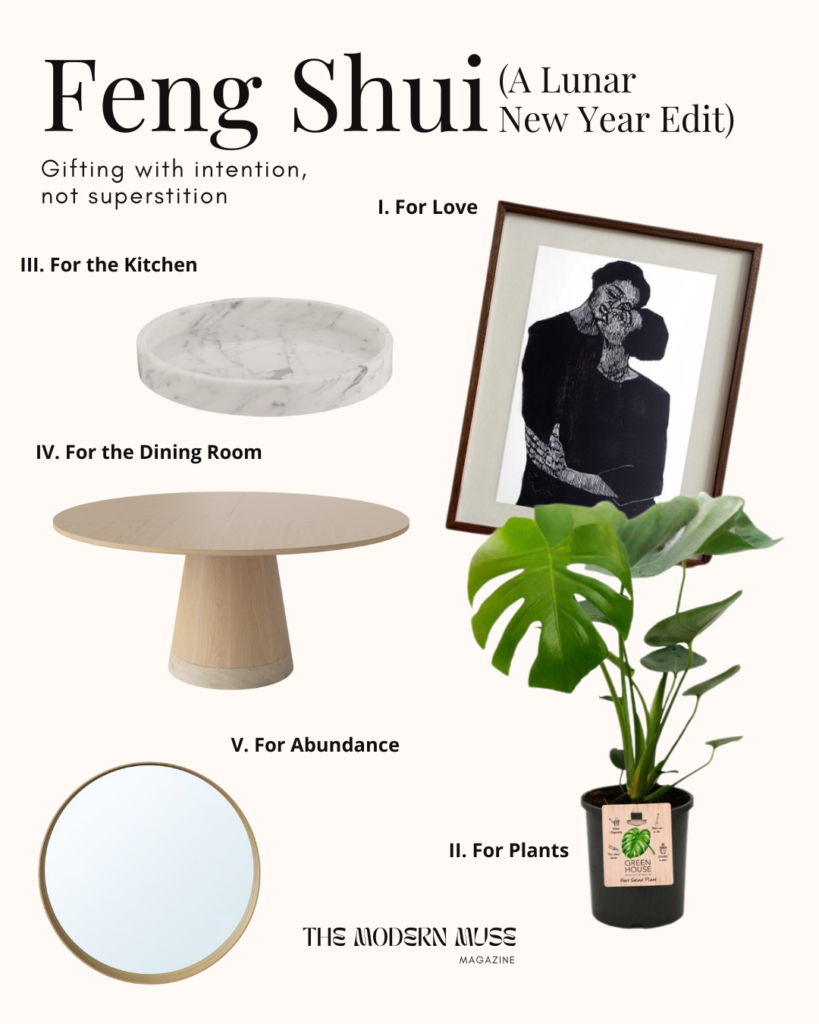Meet Dr Kirsty Wallace-Hor, a GP and women’s health expert at Eucalyptus and Kin Fertility. With colds, flu, and other respiratory illnesses more prevalent in the colder months, we sought her advice on maintaining optimal health during winter. Her practical tips and recommendations make it easier than ever to take proactive steps toward staying healthy throughout the season. Let’s explore.
Hi Kirsty! Tell us a bit about yourself and what led you to specialise in women’s health.
I completed my medical training at the University of Sydney and work as a GP in Sydney. I have a special interest in women’s health, and I am an antenatal shared care provider.
A lot of the women I care for have had their health concerns dismissed in the past and have turned to social media and other sources for information on their health. I’m passionate about validating women’s experiences and empowering them to make decisions about their health and their bodies in an evidence-based way.
What are the most common health issues women face during the colder months, and how can they be prevented?
Vitamin D levels tend to drop during the colder months, which can affect bone health and the immune system. Whilst we can get vitamin D from our diet (e.g., from fatty fish), the main source is from sun exposure. Our vitamin D levels drop because we spend more time indoors and because there’s less UV radiation in winter. Sunscreen also blocks vitamin D synthesis from sun exposure. If you don’t spend much time outdoors, you may benefit from taking a supplement during the winter months.
The cooler weather can lead to dry skin and flares of skin conditions like eczema or dermatitis. Moisturising daily and avoiding hot showers can help protect your skin barrier.
Viral illnesses are more prevalent during winter. Already this year we are seeing high levels of Covid-19, influenza and respiratory syncytial virus (RSV), as well as pneumonia and whooping cough. Simple measures such as keeping up to date with flu and Covid-19 vaccinations, hand hygiene and staying home and resting when you are unwell can help.
Can you recommend any specific dietary changes or supplements that can boost the immune system during winter?
The best way to support your immune system is to maintain a healthy lifestyle. This includes not smoking or vaping and, if you drink, drinking in moderation. Ensuring you get enough sleep and exercising regularly are also important.
There is some evidence that dietary deficiencies could reduce the effectiveness of the immune response. For this reason, it’s important to eat a balanced diet that is high in fruits and vegetables. If you have a restricted diet – for example, if you’re vegan or vegetarian – you may benefit from taking a supplement (such as an iron supplement).
What role does exercise play in maintaining health during the colder months, and what types of activities are most beneficial?
It’s important to remain active throughout the year to maintain good health. For people aged 18 to 64 years of age, 2.5-5 hours of moderate intensity (or 1.25-2.5 hours of vigorous-intensity) physical activity each week is recommended. Muscle-strengthening activities are also important; we should be aiming to do them at least 2 days each week.
What are your top tips for staying energetic during winter?
If the idea of committing to a big, new exercise program in winter is a bit daunting, it may be better to aim for something smaller. Any physical activity is good for you! Even adding a short walk to your normal daily routine counts.
People working from home miss out on a lot of incidental physical activity (such as walking and taking public transport) so avoiding being sedentary and introducing new activities is important. Making your activities fun (such as listening to podcasts when walking) or keeping things social can help keep you motivated.
What precautions should be taken to protect against common winter illnesses such as colds and flu?
There’s no foolproof way to avoid getting sick this winter. However, there are things we can do to reduce the risk or minimise how sick we get:
- Staying home when sick and avoiding contact with people who you know are sick;
- Resting when you are sick – too many people feel obliged to keep working when they’re unwell which usually just prolongs the illness;
- Keeping up to date with vaccinations
- Wearing a mask in crowded places; and
- Good hand hygiene.
Are there any health screenings or check-ups women should consider scheduling before or during winter?
Routine vaccinations for illnesses like flu and Covid-19 are recommended as well as checking for deficiencies.
Whilst it’s not related to winter, cervical cancer screening should be kept up to date. Most women are now eligible to do a self-collected test – you can see your regular GP about this.
Read more of our Inspiring Profiles here.
Learn more about Dr Kirsty below.





